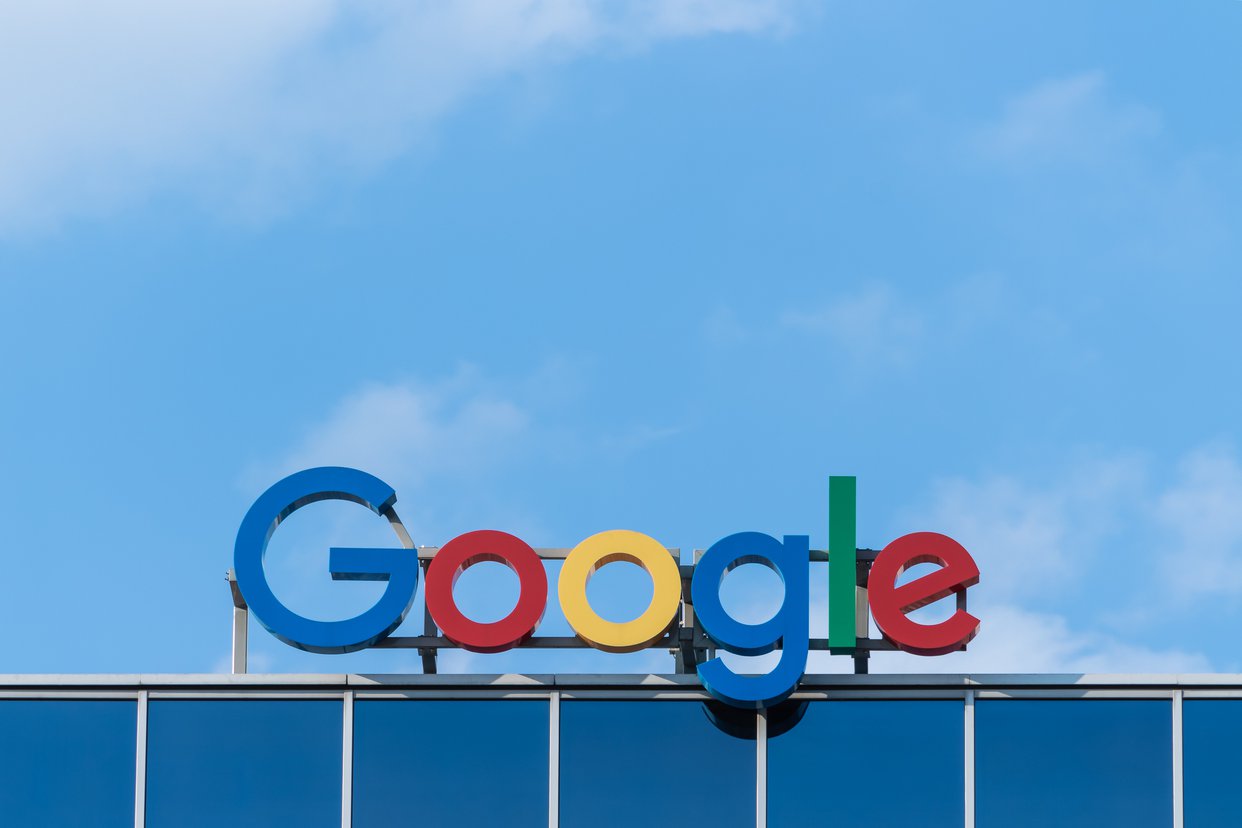Alphabet's Weak Margins Spur Worries About Competition
Feb 4, 2019
We think investors are becoming nervous about Google's operating costs amid Amazon's growth and rising share of the digital ad market.

On Monday afternoon, Alphabet (also know as Google) reported solid year-end growth and earnings. The stock fell -3% after hours. We believe investors "read between the lines," seeing declining ad prices and rising costs.
The 1-Minute Takeaway:
Headline growth was robust, but overshadowed by higher costs
Revenue and profits both grew well, much better than we think investors expected. The core advertising business grew +20% versus last year, the same rate as last quarter
However, the headline growth took a back seat to the company's profit margins, which suggested competition is intensifying and weighing on Google's ad prices
Profits were light, due to competitive pricing pressure (e.g. Amazon) and higher content costs
Cost per click on Google properties - which measures the amount that Alphabet charges advertisers - fell 29%. We think this worried investors that Google's pricing power for ads is eroding as companies like Amazon compete for market share
Traffic acquisition costs - the fees Google pays to companies like Apple to be the default search engine - were $7.4 billion, up +13% versus Q3
With ad prices down and traffic acquisition costs up, Google's core advertising business got squeezed, with profit margins falling by 3 percentage points
Investments are intensifying, which should drive long-term innovation but will hurt near-term earnings
Alphabet spent over $7 billion on capital expenditures, much higher than the $5.6 billion that investors expected. The bulk of this is going towards cloud investments, new facilities, and other tech infrastructure "to support long-term earnings growth"
These investments could weigh on near-term earnings because they support growing businesses (such as YouTube and "Other Bets" like the Waymo self-driving car project) which don't yet turn a profit
While they may lower Alphabet's cash flow in coming quarters, we believe those investments will result in higher long-term earnings power
Management continues to return capital to shareholders
- The company approved another $12.5 billion in stock repurchases, or about 1.6% of the stock's market cap. When the company buys back its own stock, its share count should decline and its earnings per share should increase
- The company still has a cash war chest of over $100 billion, even after spending over $25 billion on capital investments like YouTube and cloud in 2018, so we think more capital return to shareholders could be on the way
We thought Alphabet's performance was fine in the quarter. The decline in core Google advertising profits is a bit worrying, as it could signify new downward pressure on digital ad prices from Amazon's rising presence. We'll be watching ad prices closely in coming months.
That being said, we believe most of Google's higher content costs are due to strong YouTube growth - a good problem to have. The launch of YouTube TV, for example, requires Google to pay cable networks for the right to stream their TV shows on YouTube. Those are new costs that didn't exist previously, but these services should drive stickier viewers for YouTube over time.